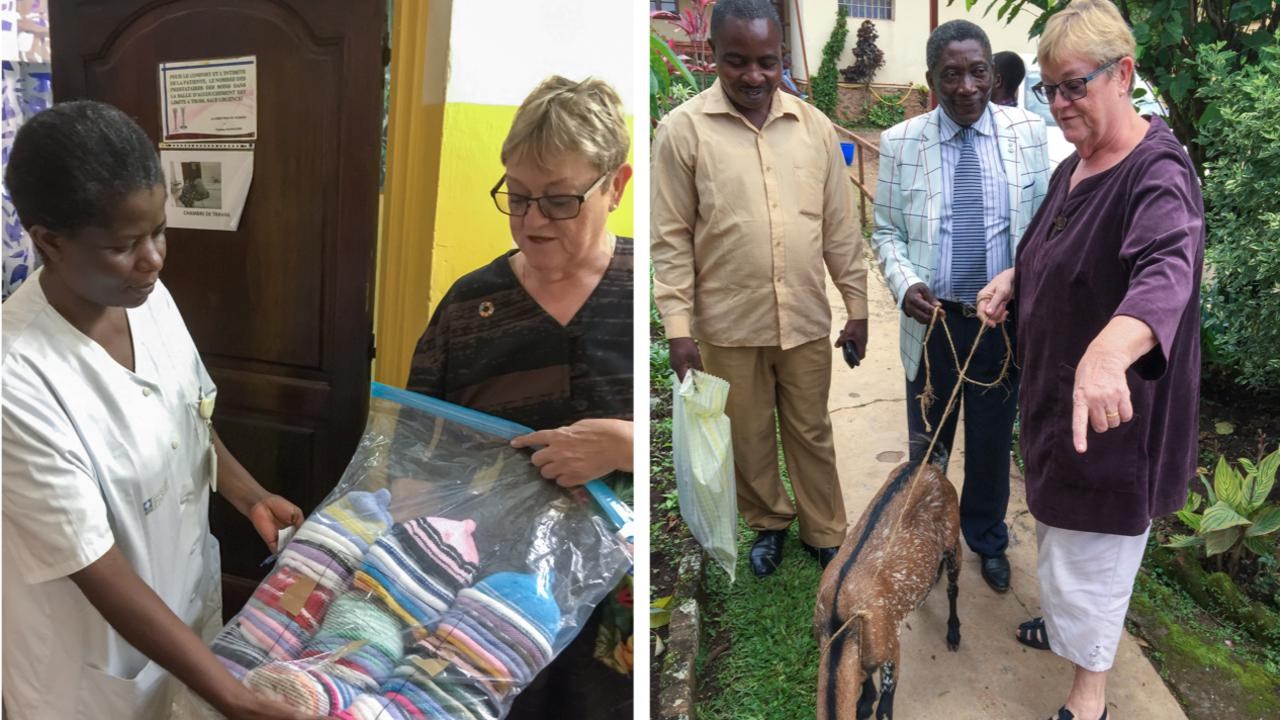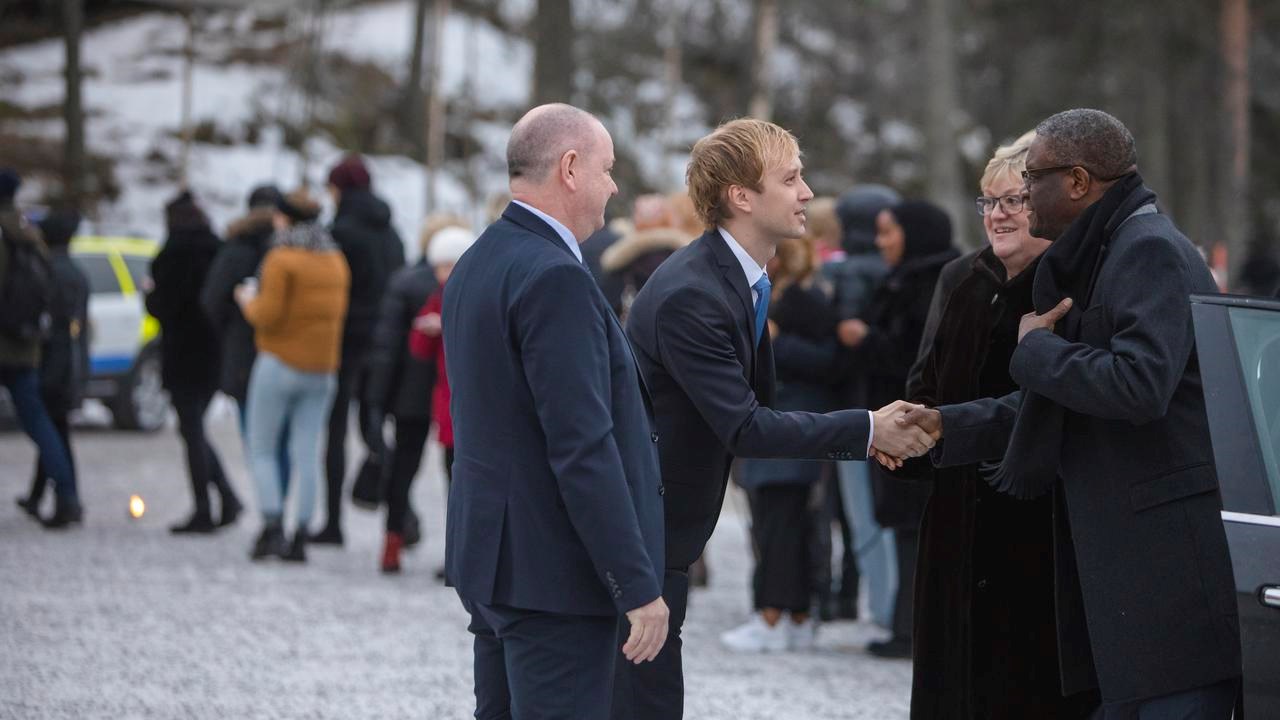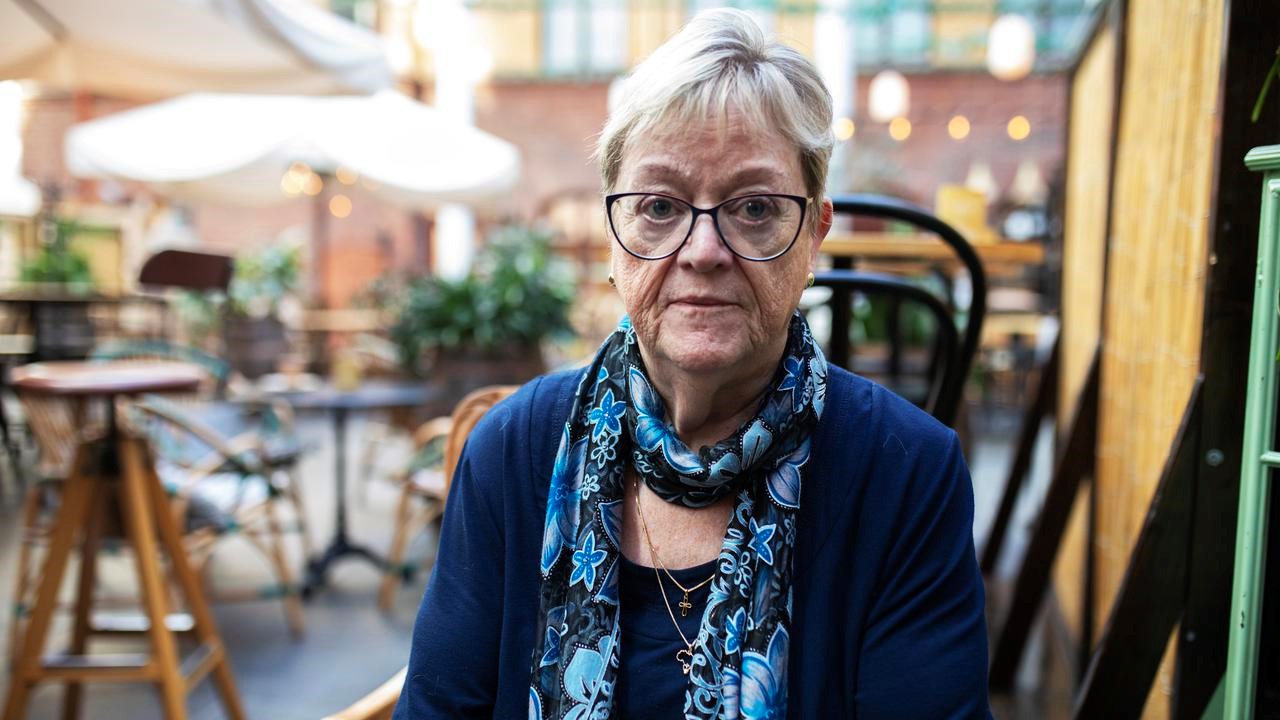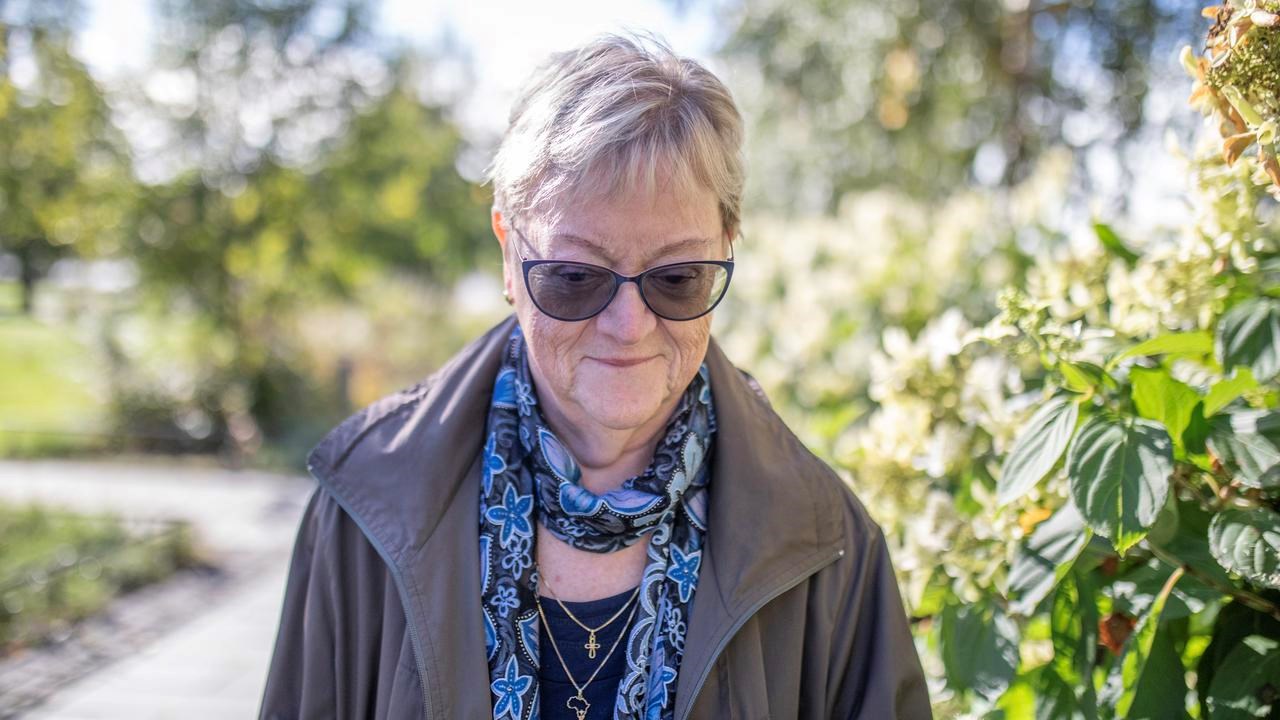Published: 2025-10-10
Updated: 2025-10-22, 09:06
Has her heart with women affected by violence in Congo – receives medal
PROFILE
After nearly an entire career at the University Hospital in Umeå and Umeå University, Ellinor Ädelroth found a new calling. Her heart and mind are fully focused on helping women and children impacted by violence in Eastern Congo. At the Annual Celebration, she will be awarded Umeå University’s Medal of Merit for her scientific and humanitarian work. “I am very grateful to the University for supporting me in my work in the Congo.”
Image: Johanna Fredriksson






